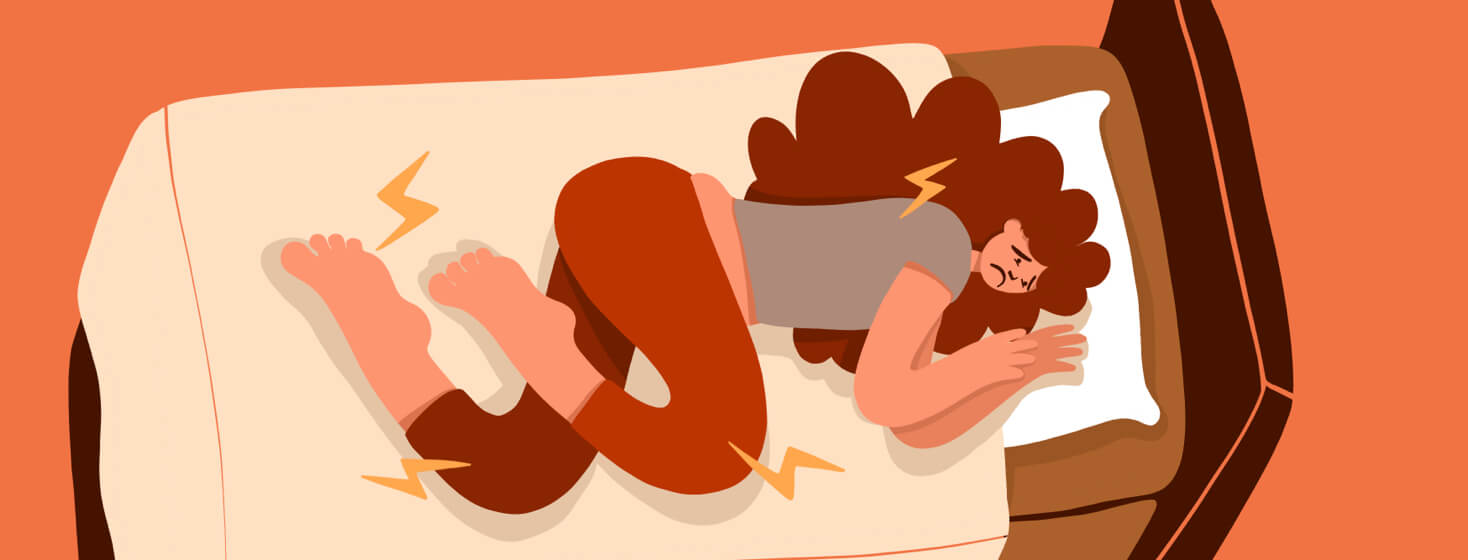Treating Migraine and Fibromyalgia
Individuals who suffer with migraines can face a variety of comorbid conditions. These range from mental health issues to neurological conditions, and various other medical conditions. Of these other medical conditions, a common condition related to migraine is fibromyalgia.
Connected Treatments
Despite being separate conditions, migraine and fibromyalgia share some similar treatment options. Even with this, it is still important that the doctors who are treating your conditions are aware of what the other doctors are doing for you. Some of these similar treatments include non-steroidal anti-inflammatories, antidepressants, anticonvulsants, and muscle relaxers.
Non-steroidal anti-inflammatories (NSAIDs)
Anti-inflammatory medications can relieve some pain by reducing the amount of inflammation in the body. A reduction in the amount of inflammation within the body can be beneficial in both migraine and fibromyalgia conditions. In both conditions, anti-inflammatory medications are likely to be used in combination with other treatment options to obtain the desired pain management.
What else do NSAIDs help treat?
These medications can also help with treating central sensitization. This is when the pain has spread throughout the head and into the neck and shoulders.1 The anti-inflammatory medications can also be helpful with the early morning migraines that have become a full-fledged migraine during the night.1 These types of migraine situations do not always respond well to triptans.
How do NSAIDs help fibromyalgia?
In the consideration of fibromyalgia, anti-inflammatory medications can lower deep muscle and joint pain.2 Over the years I have been prescribed a variety of anti-inflammatory medications for my fibromyalgia. The first area I tend to notice a difference due to anti-inflammatory medications is in my knees. Unfortunately, over time the use of anti-inflammatory medications can cause issues with your liver and kidneys.2 Therefore, doctors who prescribe this type of medication tend to do bloodwork regularly to monitor these organs.
Antidepressants
Antidepressant medications affect how much of various types of neurotransmitters are active in the brain. In a broader perspective, due to how antidepressants work, they can affect more than somebody’s mood. Some antidepressants have a sedating effect, which helps individuals sleep, while others have an energizing effect, which can be taken in the morning to fight off fatigue.2
Throughout the years, I have tried various antidepressants to treat my chronic migraine and fibromyalgia. While none of the ones I have tried were helpful in reducing my pain, they do help other people. This is even more important considering how many people may suffer from depression while dealing with chronic pain conditions.
Anticonvulsants
Anticonvulsant medications can help treat the pain caused by both conditions. These medications calm the otherwise overactive nerve cells that send out pain signal in the body.2 Some medications that fall under this category are Lyrica and gabapentin. Since this medication class cause drowsiness, I take my Gralise at bedtime. Gralise is a new extended-release form of gabapentin.
Muscle relaxers
The pain connected to migraines and fibromyalgia can be curved by muscle relaxers. Pain results from various muscle cramps or spasms. Doctors who treat fibromyalgia will prescribe muscle relaxers to reduce pain and improve sleep patterns.2
What do I use?
I take a muscle relaxer called tizanidine (known as Zanaflex). While it was originally prescribed for my fibromyalgia, it also helps with my migraine pain. I can take one 4 mg tablet and continue with my day or two 4 mg tablets and sleep a little bit. When I take a tablet with my other migraine medications, it helps to fight off the migraine more than when I do not include the muscle relaxer.
Studies have shown that muscle relaxers such as tizanidine and baclofen help migraine patients.3 Other muscles relaxers such as Skelaxin and cyclobenzaprine (known as Flexeril) were able to help some patients, despite no scientific studies proving they work.3
Conclusion
While there is no cure for either migraines or fibromyalgia, these treatment options can help reduce the pain that affected individuals must suffer with from both conditions.

Join the conversation